









Community and Supporting Future Generations
Oakland Unites: FIGB and Grown & Sexy Divas Motorcycle Club Host 4th Annual Backpack Giveaway Struggles to Defend Record

By: Richard “Razor” Johnson
This past Saturday, September 7, 2024, the West Oakland community, particularly in the Campbell Village area at 8th and Campbell, came together for a heartwarming and festive event. The 4th annual backpack giveaway, hosted by Formerly Incarcerated Giving Back (FIGB) in collaboration with an-
nual community giveaway by the Grown & Sexy Divas Motorcycle Club, truly captured the spirit of Oakland — uniting the community and supporting future generations.
Children and families were able to do more than just pick up backpacks filled with school supplies; they stayed to play, eat, and en-

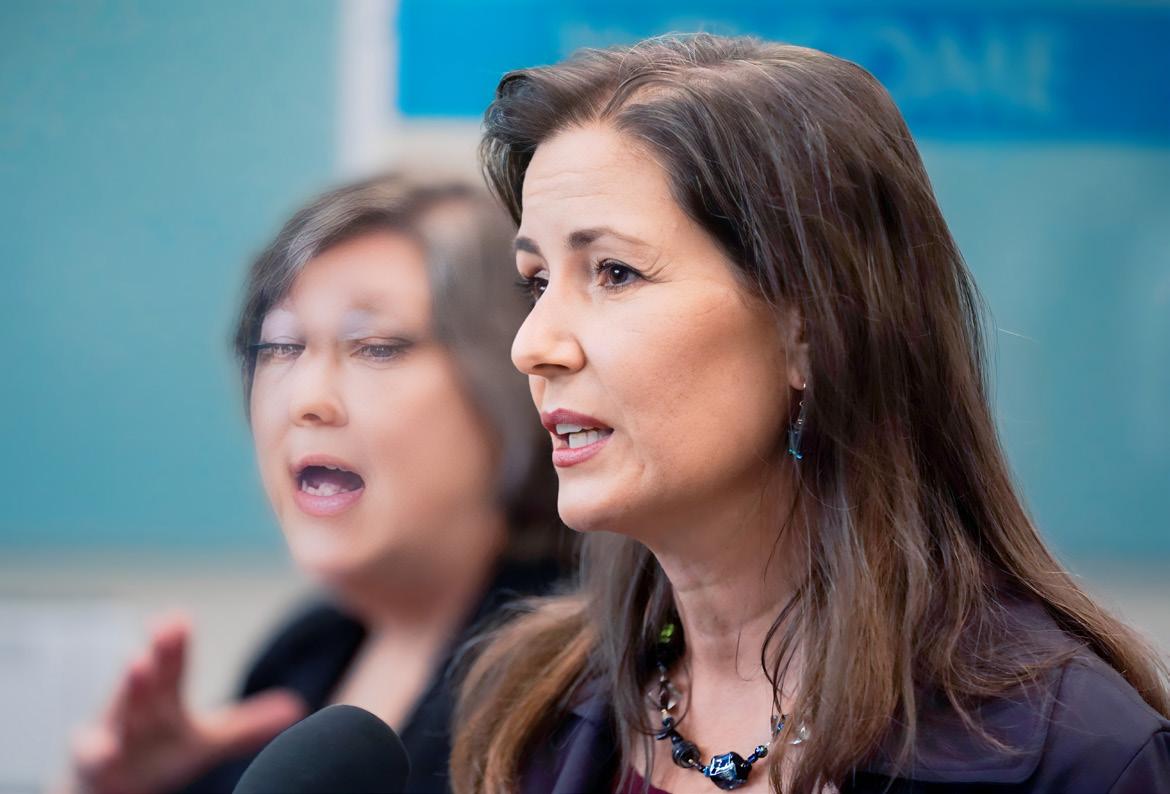
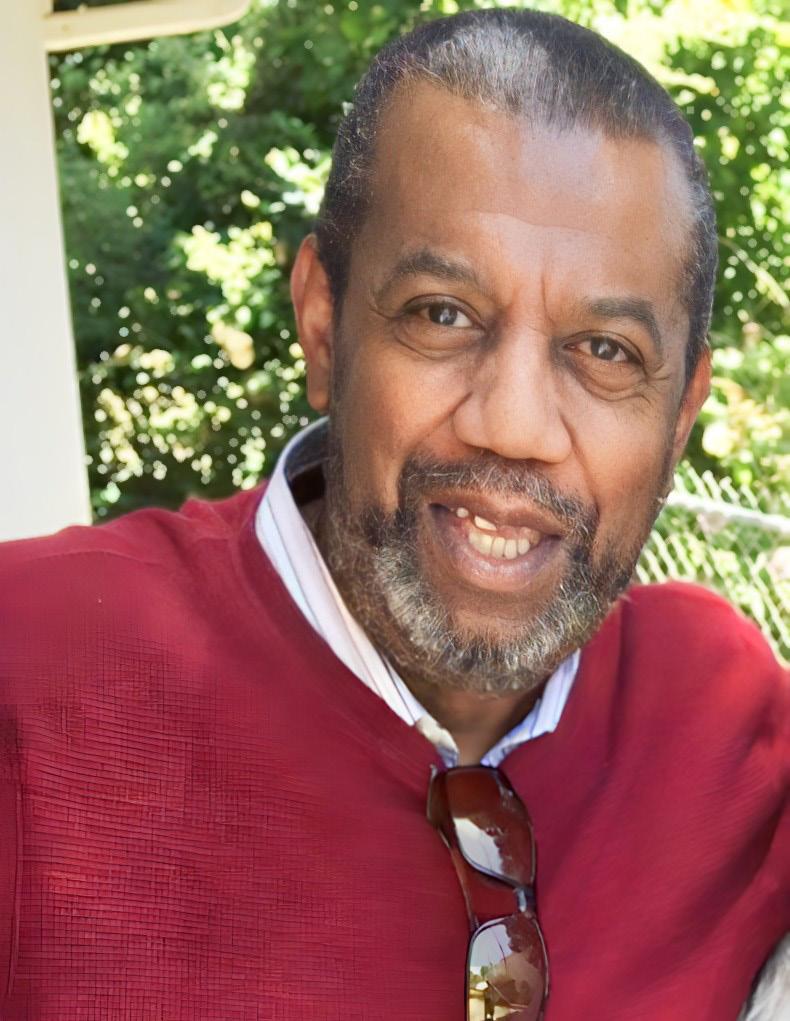
Lee McCoy. He moved to California with his family in 1951. Larry graduated from Oakland High School, in 1961, marrying his high school sweetheart, Joyce Leonard, in 1962. They raised two children, Darnell, and Deborah.
Larry enjoyed family camping trips to Yosemite.
By Ken Epstein
Former Oakland Mayor Libby Schaaf, currently a candidate for state treasurer, faces thousands of dollars in penalties from the City of Oakland Public Ethics Commission for a “pattern” of serious campaign violations in 2018 and 2020 city elections
According to the proposed
settlement agreements, which are on the agenda for the Monday, Sept. 16 Public Ethics Commission (PEC), Schaaf and many of those with whom she was working, have cooperated with the investigation, and have accepted the commission’s findings and penalties.
Alameda County Democratic Party Opposes the Recall

ing down crime and getting our streets clean. If the recall passes, it will create unimaginable instability for Oakland. We could see four Oakland Mayors in the span of two years and possibly five Mayors within a span of three years. The recall will cost taxpayers upwards of $10 million, which is the same cost of having 35 officers on our streets.
This recall is costly, risky, and is a transparent attempt, almost exclusively, by one millionaire hedge fund exec who lives in Piedmont to overturn a free and fair election.”
Special to The Post
Larry Sims passed away on Thursday, Aug. 29 surrounded by his loved ones in Oakland, California. He was 81 Affectionatey known as ‘Papa,’ Larry was born on Dec. 8, 1942, in DeWitt, Arkansas to Arthur “Buddy” Sims and Para

By Special to the Post
By Special to the Post
in Merchandise from Home Depot
By
OAKLAND, CA — District At-
torney Pamela Price announced her office charged Juan Manuel Diaz Ramirez (23) and Juan Manuel Diaz Tejeda (50) in connection with multiple organized retail theft-related crimes from Home Depot Stores in the cities of Hayward and Newark between December 14, 2022, and March 21, 2023. The losses incurred are worth over $100,000.
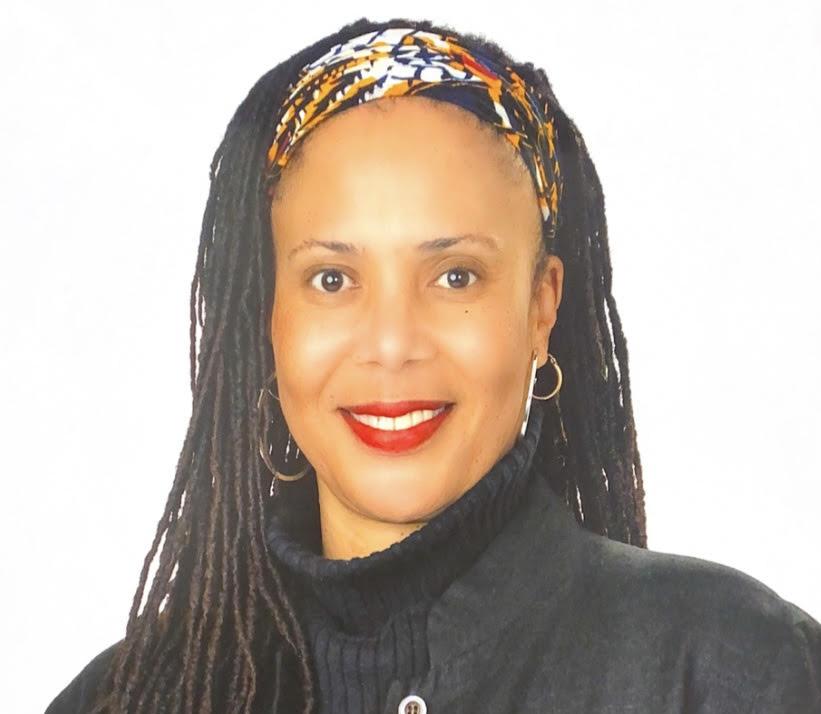
The charges against Mr. Ramirez and Mr. Tejeda include multiple felony counts of embezzlement, commercial burglary, grand theft, and organized retail theft in con-
In a decisive vote last week, the Alameda County Democratic Party, the local arm of the Democratic Party, announced its Opposition to the recall effort against Oakland Mayor Sheng Thao.
The Mayor said, “I’m proud to have the Democratic Party stand in strong Opposition to the recall. What Oakland needs now is stability and continued progress in driv-
Alameda County Democratic Party Chair Igor Tregub explained their club’s recall position by saying, “MayorSheng Thao has consistently demonstrated her commitment to Oakland’s values, including economic justice, housing affordability, and public safety. The Alameda County Democratic Party is proud to stand with Mayor Thao and rejects this attempt to undermine her leadership.For more information, contact: OaklandersDefendDemocracy@gmail.com
More than 200 people gathered at Scott’s Seafood Bar & Grill on Aug. 2 to honor Nichole Starr Jordan, a member of the Alpha Kappa Alpha Sorority, Inc. (AKA), Xi Gamma Omega (XGO) Chapter, as she became the first of their number to lead the Far Western Region. Attendees representing the region’s nine states, leaders from the Divine 9, and local dignitaries were present.
the N-word in educational settings poses significant challenges to the social-emotional learning (SEL) and psychological well-being of students and teachers. The historical and contemporary usage of the N-word carries deep-seated racial connotations and trauma, making it imperative to address its impact in the school environment.
Here’s why the N-word should be eradicated from schools and
its detrimental effects on SEL and psychological health.
Historical Context and Significance
The use of the N-word is considered a severe violation of dignity due to its deeply hurtful and dehumanizing nature. The N-word is historically rooted in a long and sordid history of racism, oppression and dehumanization.
It was and is used to dehumanize, degrade, demean and denigrate
African American people. Its historical presence is marked by extreme violence and pernicious systemic oppression.
Despite the evolving societal appropriation and the exploitation of the word in hip hop music and other media forms, its controversial use has morphed or mutated into a word now used to signify friendship or endearment.
In schools its use is complex, representing camaraderie, being
cool and defiant while consciously and unconsciously dehumanizing African American students and staff.
The N-word has a long history of being used as a tool of oppression and degradation against Black people. It was employed during periods of slavery, segregation, and ongoing racial discrimination to strip individuals of their humanity and reinforce systemic racism.
Its use is a painful reminder of
Initiated in Mu Kappa Chapter, UC Davis, Jordan has served the sorority at the chapter, regional, and international levels including as XGO president and Twenty Pearls Foundation president and most recently as International Technology Committee chairman.
Awards for her AKA work include the Mildred L. Robinson Outstanding Chapter President Award and the Charlene D. Carodine Unique Professional Achievement Award. With a Civil
Regional Director Jordan sits on the Board of Directors (Directorate) composed of international officers and nine other regional directors who oversee the management of the sorority’s more than 1,074 chapters throughout the United States and 11 other nations. The international president and CEO of the directorate provides leadership to 360,000 sorority initiates.
this history and the ongoing struggle against racism. Its impact:
• Dehumanization: When the Nword is used, it reduces Black individuals to a derogatory stereotype, stripping away their identity and worth as human beings. It perpetuates the idea that certain groups are inferior and unworthy of respect and dignity.
• Impact on Self-Worth: Hearing

By McKenzie Jackson California Black Media
Sacramento Food Bank & Family Services’ (SFBFS) campus, located on Bell Avenue in the state capital, is set to get a $131,583 security facelift.
The funding is courtesy of the California State Nonprofit Security Grant Program, which has awarded nonprofit community and faith-based groups across the Golden State with financial support to prevent hate-motivated violence since 2015.
SFBFS is home to the largest hunger relief group in Sacramento County and a food bank that distributed 31.6 million meals nutritious meals to people in need in 2023.
SFBFS Director of Communications Kevin Buffalino said the grant money will enhance the safety and security of the food bank site.
“We’ll be adding security lighting, security cameras, access control systems to ensure we continue providing food assistance to over 305,000 people every month safely and without interruption,” he said.
SFBFS was one of 193 community organizations across the Golden State to receive $39 million in awards from the grant program in April to enhance their security. In late July, Gov. Gavin Newsom announced the state’s Office of Emergency Funding is
accepting applications from community-based nonprofits to apply for $76 million in expedited funding from the security grant program.
According to a 2023 hate crimes report compiled by the California Department of Justice, Black Californians remain the most affected group by hate crimes. Hate incidents and hate crimes targeting Jewish, Muslim and LGBTQ people are also increasing.
Newsom said an attack against any community is an attack against all of California and its values.
“Every Californian deserves the ability to worship, love, gather safety, without fear or hate,” he said in a news release. “This new round of funding is aimed at helping high-risk organizations protect themselves against violent attacks and hate crimes.”
Funds are awarded through a competitive grant process in which groups, particularly those targeted on the basis of race, religious affiliation, gender identity, sexual orientation, disability, immigration status or similar criteria may apply.
The monies allow organizations such as Black and LGBTQ+ groups, churches, synagogues, mosques, and other houses of worship to implement security equipment upgrades such has access control systems, doors, gates, high-intensity lighting, and
inspection and screening systems.
Requests for proposals are on the Office of Emergency Services website. Groups eligible include ones exempt from taxation under section 501(c)(3) of the IRS Code. The deadline to apply is 11:59 p.m. on Sept. 23.
Because anti-Black hate crimes continue to be the most prevalent in the Golden State and last year there was an increase in bias activity against Jewish. Muslim, and LGBTQ+ communities, Newsom increased funding for the grant program, which added an additional $20 million for nonprofits to use.
The initiative awarded $39 million to nonprofits and faithbased organizations in the spring, following Newsom funneling an additional $20 million into the program in October 2023. The state received 1,254 applications from groups.
The program has awarded $152,750,000 in state funding to 924 community groups since the grant program’s beginning.
Assemblymember Jesse Gabriel (D- Los Angeles) and Sen. Scott Wiener (D-San Francisco) said in a statement that the California Legislature will stand firm in its commitment to support vulnerable communities targeted by hate despite budget difficulties. They also thanked Newsom for expediting the deployment of the security funds.
Foothill Missionary Baptist Church: Is prayerfully seeking a Pastor/Teacher, a man, called by God and set apart for the Gospel ministry in accordance with the Baptist faith as well as committed to living and serving in a manner consistent with the standard set forth in scripture of such a leader, 1 Timothy 3: 1-7. The qualified candidate is responsible to God and the church to proclaim the Gospel of Jesus Christ. Effectively teach the Bible and preach the Word of God, provide Christian leadership in all areas of the church and to engage in pastoral care for the congregation.
Pastor Qualifications:
• Be led and guided by the Holy Spirit to seek this position.
• Be licensed and ordained with a minimum of 5 years ministerial experience.
• Have a Bachelor’s degree from an accredited University or College, a Master of Divinity degree from an accredited theological seminary.
• Work collaboratively with the deacons, trustees, various ministries and congregation as well as engage in community outreach programs.
• Be a visionary leader who embraces the church’s mission, goals and membership growth and retention.
• Be a teacher of the word of God, a leader with sound biblical doctrine as listed in 2 Corinthians 6: 1-10 & 1 Timothy 3: 1-7.
• Possess effective leadership, administration, organization and managerial skills.
• A servant leader who has a commitment to program development, evangelism leadership and assure that the church is challenged and equipped to be disciples.
The following must be submitted and or postmarked by October 15, 2024 to Foothill M.B. Church 1530 Foothill Blvd., Oakland, CA. 94606: a recent photo; cover letter detailing how the candidate meets the above required qualifications; resume, transcripts, 3 letters of recommendations including name, telephone number, and email address.
For questions please e-mail the Pulpit Committee: FMBC1536z@gmail.com.

By Bo Tefu
California Black Media
California lawmakers have introduced legislation to prevent gasoline price spikes, stated Gov. Gavin Newsom and Assembly Speaker Robert Rivas (D-Hollister) last week during a special legislative session on gas prices.
The State Assembly set a legislative plan of action to address the surge in gas prices, proposing a bill to increase crude oil and fuel capacity to lower high prices for residents pumping gas at refill stations. The legislation, introduced and co-authored by Assemblymembers Cecilia Aguiar-Curry (D-Winters) and Gregg Hart (DSanta Barbara), aims to make oil refiners manage the state’s gasoline supply responsibly and protect consumers from unexpected financial burdens.
Newsom praised the bill and
commended lawmakers for proposing legislation that could help residents save money.
“Gas price spikes are profit spikes for Big Oil, and California won’t stand by as families get gouged,” said Newsom.
Rivas stated that a special session was held to thoroughly vet the proposals.
“We must stop oil companies from raking in record profits at the expense of Californians,” said Rivas.
“We’ll hear from experts and ensure that the public has a voice in the process. I’m committed to delivering solutions that can rein in soaring gas costs and provide real savings at the pump,” he said.
In 2022, Gov. Newsom partnered with the Legislature to sign into law a package of reforms that hold oil companies accountable for the spike in gas prices. The re-
forms helped create the Division of Petroleum Market Oversight, an independent agency that monitored oil companies. The agency uncovered that high gas prices were caused by suspicious market transactions. Lawmakers outlined specific proposals to reform the state’s gas spot market to prevent spikes due to a lack of stable gas supply.
This year, lawmakers worked with the independent agency to monitor gas prices and discovered that refineries went offline without planning to backfill supplies. As a result, refining margins spiked causing spot and retail prices for gas to increase.
Under this new bill, Newsom plans to authorize the California Energy Commission (CEC) to maintain a minimum inventory of refined fuel in the distribution chain to avoid supply shortages.

By Bo Tefu, California Black Media
Attorney General Rob Bonta joined a coalition of 24 attorneys general as part of a nationwide effort to protect the equal rights of pregnant women in the workplace.
Bonta co-signed an amicus brief with his peers defending the Equal Employment Opportunity Commission (EEOC)’s rule to implement the Pregnant Workers Fairness Act (PWFA) enacted in 2022. The brief was filed in the United States Court of Appeals for the Eighth Circuit to support the rule requiring employers to provide reasonable accommoda-
tions for pregnant and postpartum employees including abortion care. The rule is being challenged by a coalition of 17 other state attorneys general spearheaded by Tennessee.
“PWFA empowers individuals to continue contributing to our economy while providing muchneeded protections without compromising their health or their family’s well-being,” said Bonta.
“At the California Department of Justice, we will continue to fight baseless attacks to this rule, which creates a fair and inclusive work environment for all.”
The PWFA law was enacted in 2022, it was the first federal law that required employers to of-
fer accommodation workers for pregnancy-related medical conditions during pregnancy and postpartum recovery. In 2023, the agency responsible for enforcing the law proposed a rule that required employers to provide accommodations for workers terminated by abortion in the form of time off to attend a medical appointment or recovery.
The coalition argued that the pregnancy law provides critical and overdue protections for employees. The brief stated that the law extends to low-wage employees and workers of color who are more likely to suffer detrimental health outcomes during pregnancy due to their jobs.



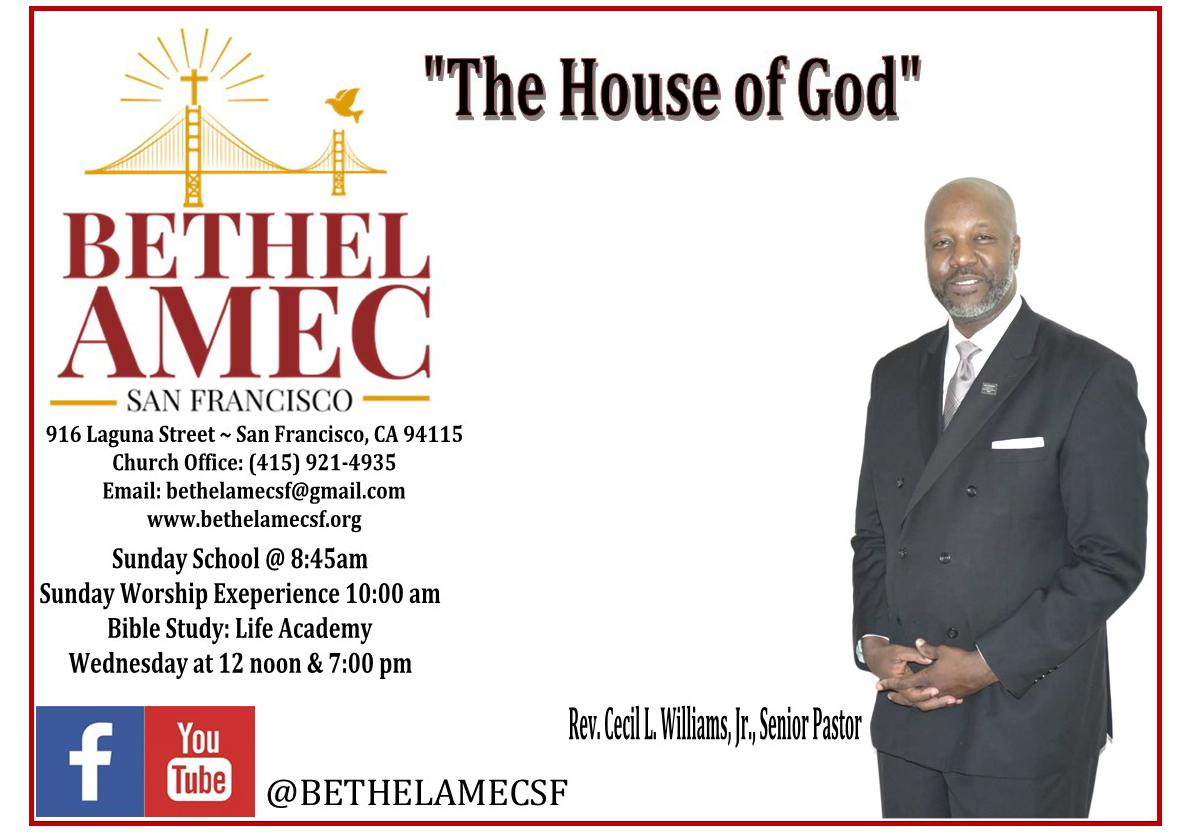
By Edward Henderson California Black Media
In less than two months, Californians will vote on Proposition (Prop) 32. This is one in a series of articles that will help you understand what supporters and opponents of California’s 10 ballot initiatives are saying about each one.
Prop 32 would increase California’s minimum wage to $18 per hour. It is currently $16 per hour for most people and $20 per hour for fast food workers. Health care workers will eventually see their minimum wage reach $25 per hour, according to a law Gov. Gavin Newsom signed last year.
Supporters of the proposition argue that with the cost of living rising, wages need to increase as well for families to survive. California Black Media (CBM) spoke
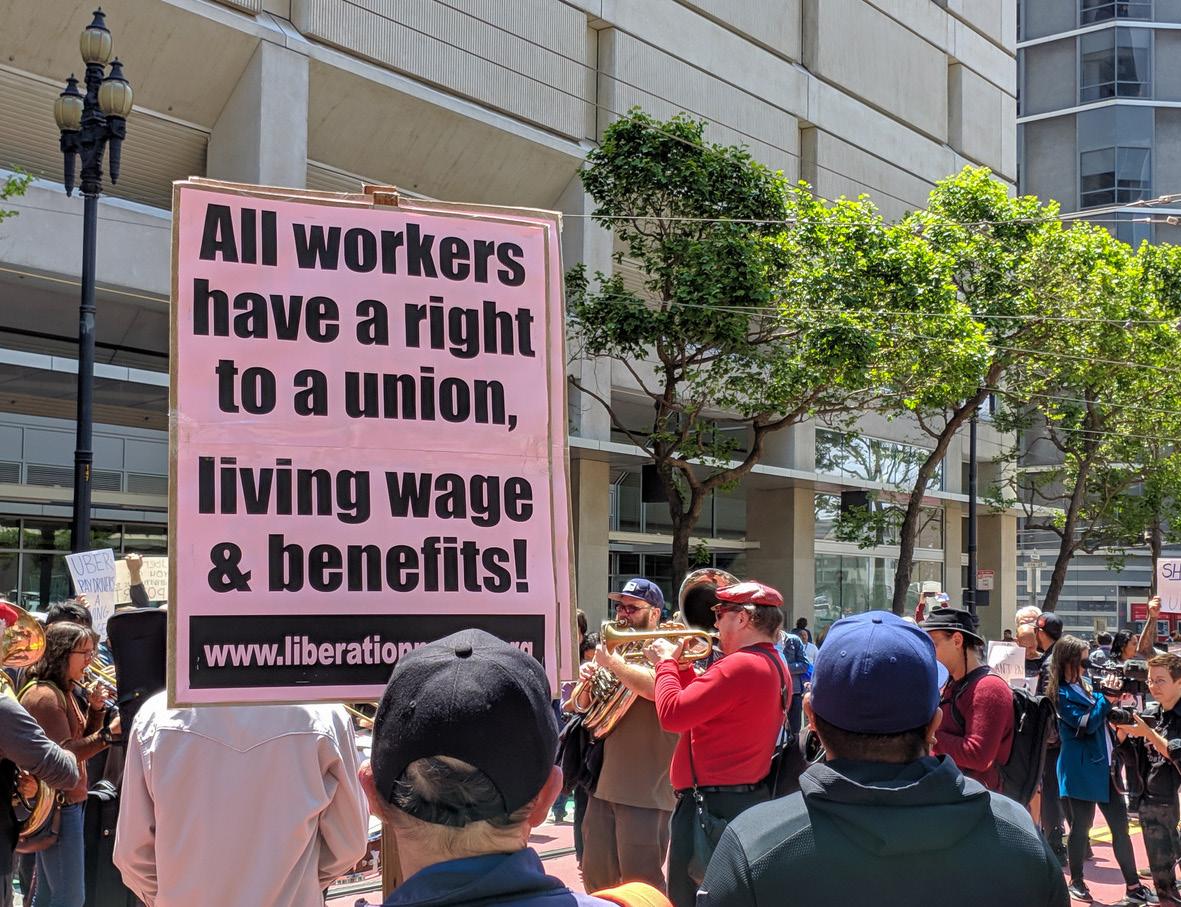
with Saru Jayaraman, director of the Food Labor Research Center at UC Berkeley, on why she supports a Yes vote for Prop 32.
“I’ve been organizing restau-
rant workers for 20 years. I’ve never seen a period in which I’ve seen so many restaurant workers working full-time and living in their cars. The cost of living has
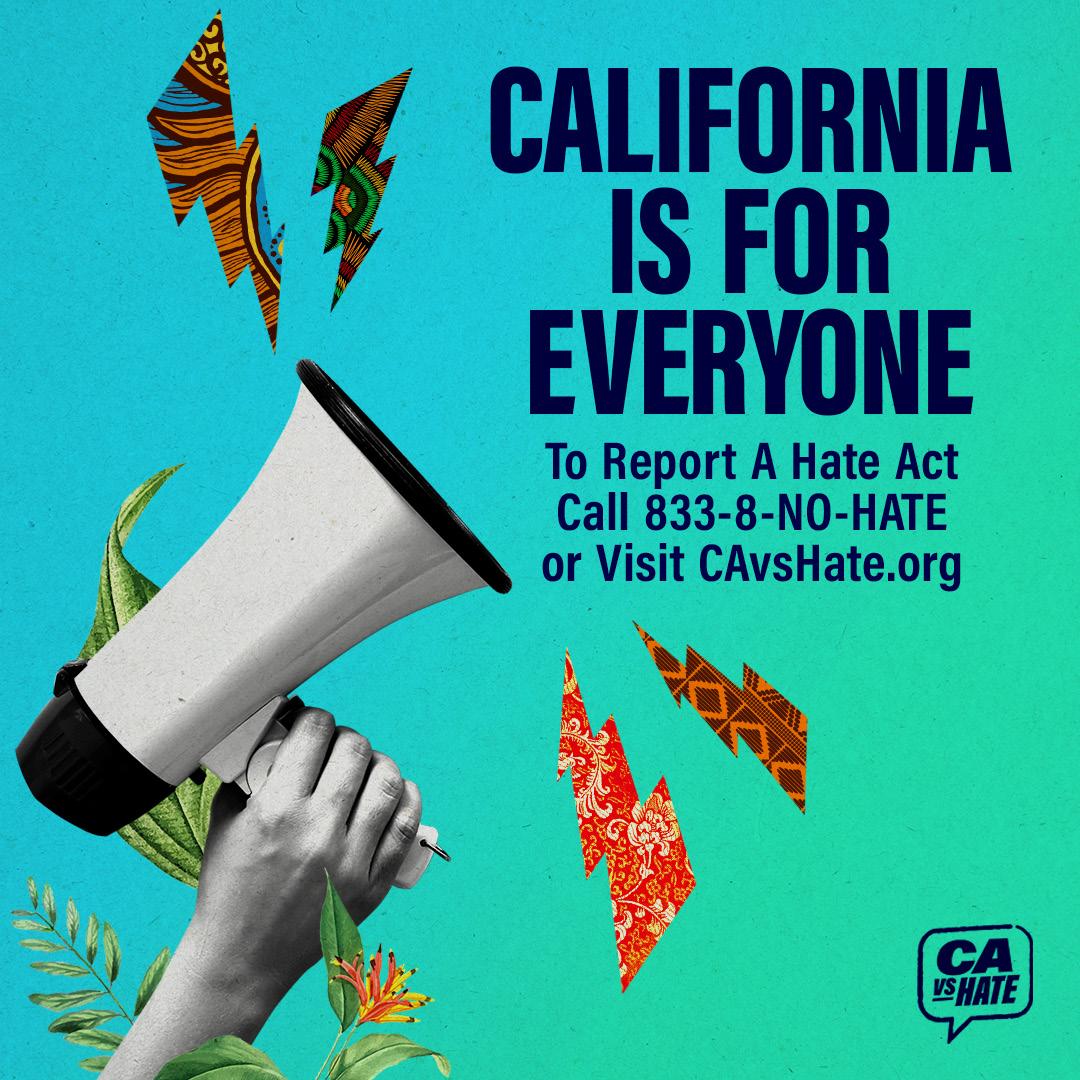
become an extreme crisis for people at all income levels in California,” says Jayaraman. “When you raise the floor, it lifts all boats. It’s critical for people to be able to survive in California.”
Jayaraman also mentioned that while Modoc County has the lowest cost of living in California, the MIT Living Wage Calculator estimates a wage of $20 an hour is needed to cover basic expenses. Closer to $25 an hour would be needed for a family with a child. In large cities like Los Angeles and San Francisco, $40 an hour is the estimated minimum living wage.
Opponents of the Proposition argue that small business owners would struggle to adjust to the wage increases resulting in cutting jobs and raising prices for their services. CBM spoke with John Kabateck, state director of
the National Federation of Independent Business (NFIB), who is opposed to Prop 32.
The NFIB represents 13,000 small business owners in California and 300,000 nationwide.
Kabateck says that a survey of their network reported only 8% of small business owners believe they expect their profits to improve over the next six months.
“I think every employer ought to do the right thing by showing their employees a pathway to economic success,” says Kabateck, adding that a standard minimum wage increase might hurt the bottom lines of those small business owners.
“We don’t believe that a onesize-fits-all kind of a cookie cutter mandated wage on especially on small business owners is going to be the pathway to their success,” said Kabatack. “Frankly,
we are witnessing — just in the past several months with some particular industries — the opposite happening. We are seeing the very individuals that minimum wage proponents want to help being harmed. They are not getting the entry-level jobs and not finding that growth opportunities that they should.”
A YES vote supports increasing the state minimum wage to $18 per hour by 2026 for all employers and thereafter adjusting the rate annually by increases to the cost of living.
A NO vote opposes this ballot initiative, maintaining the existing law which was designed to increase the minimum wage to $15 per hour for all employers by January 2023 and increasing it annually according to inflation.



Earl
Skip Cooper Special
to California Black Media Partners
Access to reliable cars is a fundamental need for consumers, small business owners, and their hard-working employees.
California’s Lemon Law is a long-standing consumer protection that allows our community members to replace the family car if they take it to the shop for repairs and it can’t be fixed. This law is a vital tool for consumers that must be protected at all costs; however, there are serious flaws in the current system that must be dealt with, especially with the current increase in the cost of living.
In the last few years, lemon law complaints filed in California courts have increased by many thousands, which has resulted in a court system that is severely backlogged and slows justice down even more for the consumers who need it the most. To show in numbers what this looks like, there were 4,300 cases filed in 2015 – and this year, there will likely be 30,000. This isn’t due to issues with vehicle quality; studies show those ratings are better than ever. Instead, our current law has created a system that allows, even encourages, and rewards bad-acting attorneys to mass-file thousands of lawsuits to force companies to settle and get their big cut. This can’t be allowed to continue any longer.
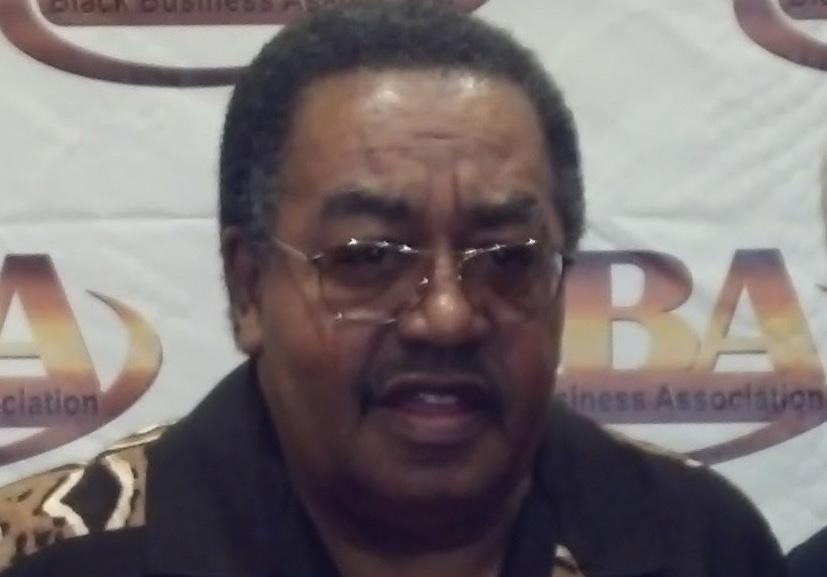
The backlog in the courts caused by these bad actors results in families waiting years for these cases to resolve, which means they have to spend their hard-earned dollars renting vehicles for months or relying on rideshares and taxis constantly.
The bill is called Assembly Bill 1755, coauthored by well-respected and strong leaders in our State Legislature –Sen. Thomas Umberg (D-Santa Ana) and Assemblymember Ash Kalra (D-San Jose). AB 1755 is a vital bill that gives consumers the right to cut out expensive, unnecessary middlemen and email the auto manufacturers directly to own
the resolution of the problem and find out directly whether and how quickly an auto manufacturer will offer a vehicle repurchase or replacement for a customer having a car repair issue that can’t be fixed. Under the deadlines in the bill, manufacturers would have to decide within 30 days of simple customer notice whether they will make it right. And if a vehicle repurchase or replacement is offered, that solution must be completed within the next 30 days.
AB 1755 is supported by our California African American Chamber of Commerce and speaking for myself as a
Community activist for over 50 years, and the Chairman of the Board and President Emeritus for the Black Business Association, headquartered in Los Angeles, I wholeheartedly agree. On behalf of the consumers and businesses I work with, I call on Governor Newsom to sign AB 1755. Consumers should not be forced to wait months or years for a replacement vehicle so that they can get to work, drive their kids to school, and explore everything our great region has to offer in their time off. I would humbly ask for our community to support the common-sense reforms proposed in Assembly
Bill 1755, which is on our Governor’s desk awaiting his signature.
Let California be a leader on this issue and provide an example of what good a consumer
protection reform can look like. About the Author Earl Skip Cooper is the Chairman of the Board and President Emeritus, Black Business Association.
PUBLIC NOTICE NOTICE OF PUBLIC HEARING, PUBLICATION AND REQUEST FOR PUBLIC COMMENTS ON THE CITY OF OAKLAND’S PATHWAYS TO REDUCING OBSTACLES TO HOUSING GRANT APPLICATION
The Public is invited to review and comment on the City of Oakland’s “Pathways to Reducing Obstacles to Housing” Grant (PRO Housing Grant), to be submitted to the Department of Housing and Urban Development (HUD). This grant application proposes to seek federal funds to support predevelopment and process streamlining for affordable housing in Oakland.
A Public Hearing for the PRO Housing Grant will be held on Tuesday October 1, 2024 at the Oakland City Council meeting as a public hearing item. The public will be able to view and participate in the public hearing made available in person or via KTOP and Zoom. For public participation and viewing instructions go to: https://oakland.legistar.com/Calendar. aspx, select the “Agenda” icon for the October 1, 2024 City Council meeting. Translation and assistance for persons with disabilities is available upon advance request. See details on the October 1, 2024, City Council Agenda.
Availability of PRO Housing Grant Application – Public Review Comment Period
The PRO Housing Grant Application is available online for public review and feedback between September 17, 2024 –October 1, 2024 at https://www.oaklandca.gov/departments/ department-of-housing-and-community-development. Any modifications to the public hearing date or the PRO Housing Grant Application will be noted on this same site.
Submission of Written Comments
Public comments or requests for additional information on the PRO Housing Grant Application must be submitted by October 1, 2024, at csmith4@oaklandca.gov with Subject: “PRO Housing Grant Application Comments.”
Advertorial
As part of the Department of Health Care Services’ (DHCS) ongoing commitment to engaging in innovative work to improve the maternal health care landscape, inclusive of offering a comprehensive suite of services and benefits aimed at promoting health equity and addressing disparities in maternal and infant health outcomes, Medi-Cal now covers doula services.
This new and important benefit, added by DHCS in January 2023, helps to ensure that birthing individuals have additional options to receive physical, emotional, and nonmedical support, prevent perinatal complications, and improve health outcomes for birthing individuals and their infants.
What Are Doula Services?
Doula services include personal support to birthing individuals and their families throughout pregnancy and one year postpartum. This includes emotional and physical support provided during pregnancy, labor, birth, and the postpartum period, as well as support during miscarriage and abortion.
Services include guidance; health navigation; evidencebased education for prenatal, postpartum, childbirth, and newborn/infant care; lactation support; development of a birth plan; and, if appropriate, connecting birthing individuals to community-based resources (e.g., breastfeeding classes or maternal support groups) or other providers.
Addressing Health Equity & Maternal Health Disparities

Doula services may be especially important for Black birthing individuals, who face disproportionately higher rates of maternal and infant mortality.
In the United States, Black people are three to four times more likely to die from pregnancy-related causes than White people. Additionally, Black infants are more than twice as likely to die in their first year of life compared to White infants.
Ultimately, Medi-Cal covered doula services are an important step in promoting greater health equity and reducing disparities in maternal health outcomes.
Why Medi-Cal Covers Doula Services?
Doulas provide person-centered, culturally sensitive care that supports the racial, ethnic, linguistic, and cultural diversity of Medi-Cal members, which not only help to address the unique and varied needs of Medi-Cal members, but also help to promote equity and reduce racial and ethnic disparities in maternal health outcomes.
Doula care is associated with positive birth outcomes, including a reduction in cesarean sections, epidural use, length
of labor, low-birth weight, and premature deliveries. Additionally, the emotional support provided by doulas has been shown to help lower stress and anxiety during labor.
Accessing Doula Services
Doulas are available through Medi-Cal managed care plans (MCPs) and fee-for-service delivery systems. Doulas can offer personal support throughout pregnancy and one year postpartum, regardless of birth outcomes. To increase access to doula services and reduce barriers, DHCS issued a standing recommendation for doula services. This means that Medi-Cal members do not need to request a separate written referral to receive Medi-Cal-covered doula services, they can just go directly to a doula who accepts Medi-Cal patients and begin their journey with a doula who will support them throughout their pregnancy, labor, and postpartum period.
Comprehensive Care Coverage
Medi-Cal’s doula services include one initial 90-minute visit to establish care and
support, eight additional visits combining prenatal and postpartum care tailored to individual needs, continuous support during labor and delivery, including in cases of stillbirth, miscarriage, or abortion, and up to two extended threehour postpartum visits to ensure comprehensive postpartum care.
With an additional recommendation from a physician or other licensed practitioner, doulas can also provide up to nine additional postpartum visits to Medi-Cal members.
Real Stories, Real Impact
For many families, the support of a doula has been lifechanging and significantly impacted their birth outcomes.
Mark and Jasmine, a young couple expecting their first child, were determined to have a positive birthing experience.
Mark recalls, “Having a doula was one of the best decisions we made. Our doula, Linda, was an advocate for us in the hospital, helping us understand our options and make informed decisions. When Jasmine went into labor, Linda’s presence
transformed a fearful situation into an empowering experience. She offered comfort and emotional support that helped Jasmine stay strong and focused. After our baby was born, Linda’s continued support during the postpartum period was invaluable. She helped educate Jasmine about breastfeeding and provided us with resources that made our transition into parenthood smoother.”
Expanded Support Services
Medi-Cal extends its maternal coverage beyond doula services to include certified nurse midwives and licensed midwife services, delivering clinical care to birthing individuals and their newborns.
Additionally, DHCS is developing a comprehensive Birthing Care Pathway to guide Medi-Cal members from conception to 12 months post-birth. This project aims to reduce maternal morbidity and mortality disparities, particularly among Black, American Indian/Alaska Native (AI/AN), and Pacific Islander birthing individuals. It also aims to enhance Medi-Cal’s care delivery policies for pregnant and postpartum individuals, standardize care processes across different settings, and encourage the adoption of these guidelines.
Investing in Health, Empowering Families
By integrating doulas into Medi-Cal, DHCS is helping to transform maternal and infant health care, ensuring that every Medi-Cal member has access to many options when it comes to choosing maternal care providers who are sensitive to cultural and language needs as well as individual preferences in terms of time, place, and manner of the birthing experience. DHCS’ commitment and on-
going investment in this space has already improved and will continue to improve health outcomes and foster long-term health and well-being for Medi-Cal members and their families across the state.
For more information and to find a doula near you, visit the Doula Directory at (https:// www.dhcs.ca.gov/services/ medi-cal/Documents/DoulaDirectory.pdf) or the Medi-Cal Doula Services page at (www. dhcs.ca.gov/provgovpart/pages/Doula-Services.aspx).
This list represents doulas who have enrolled in Medi-Cal. Beneficiaries who enrolled in a Medi-Cal managed care plan can check with their managed care plan regarding doulas who provide services to their members.
In Alameda County, MediCal recipients can contact:
• Alameda Alliance for Health: 510-747-4567
• Kaiser Permanente: 855839-7613
In Contra Costa County, Medi-Cal recipients can contact:
• Contra Costa Health Plan: 877-661-6230
Kaiser Permanente: 855839-7613
In Marin County, Medi-Cal recipients can contact: Partnership Health Plan of California: 800-863-4155
• Kaiser Permanente: 855839-7613
In Solano County, Medi-Cal recipients can:
• Partnership Health Plan of California: 800-863-4155
Kaiser Permanente: 855839-7613
Empower your birth experience with Medi-Cal’s comprehensive doula services. Because every family deserves support, respect, and care.
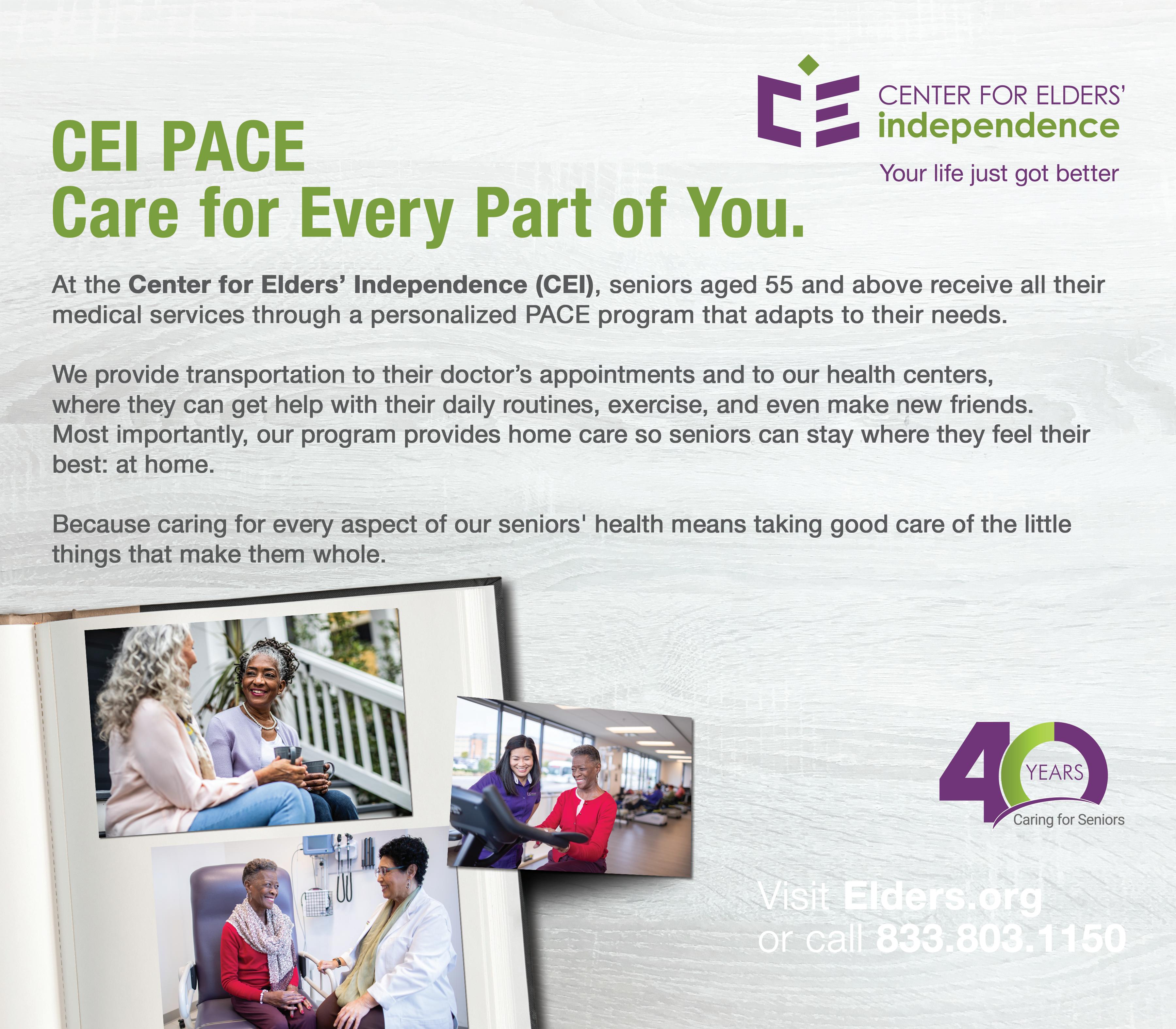


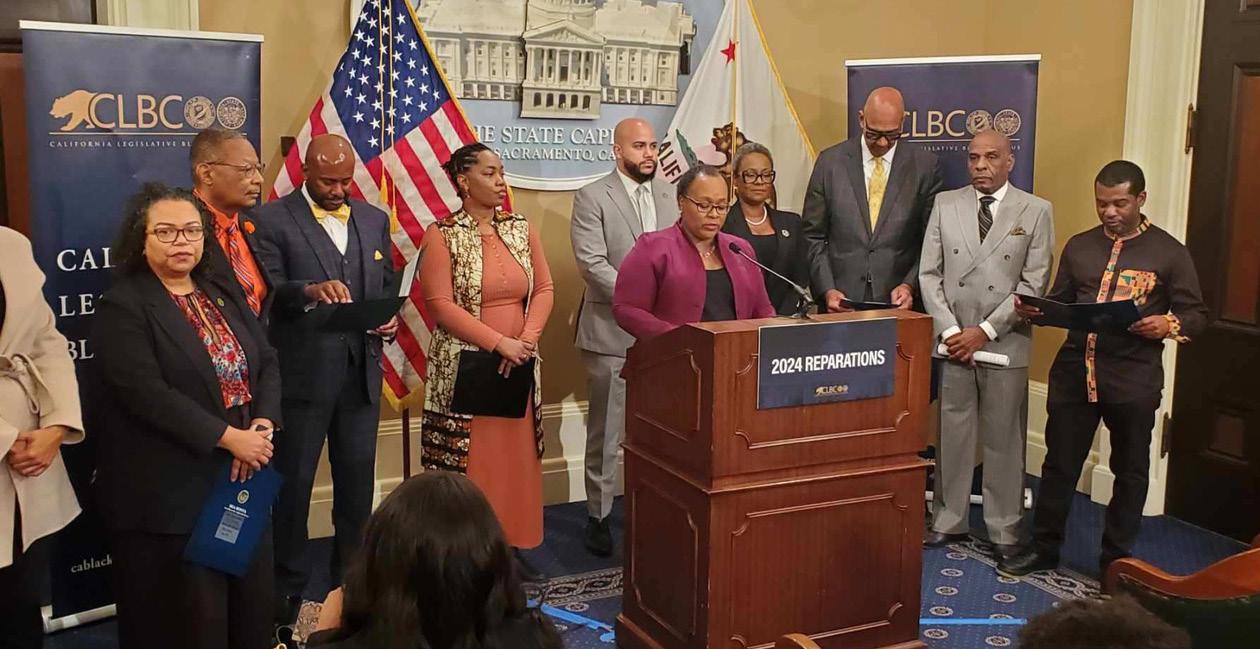
CJEC’s letter stated.
By Antonio Ray Harvey, California Black Media
Gov. Gavin Newsom vetoed a bill that would
Authored by Assemblyman
Joaquin Arambula (D-Fresno), Assembly Bill (AB) 1840 was sent to the governor’s desk for signature after receiving a 53-18 vote in the
Assembly on Aug. 28. The homeloan assistance would’ve allowed individuals to purchase homes through the financing of the California Dream for All Shared Appreciation Loan program.
“I am returning AB 1840 without my signature,” Newsom stated. “This bill seeks to prohibit disqualification of applicants from one of California Housing Finance Agency’s (CalHFA) home purchase programs solely on their immigration status.”
By Antonio Ray Harvey California Black Media
A week after advocates rallied at the State Capitol to protest lawmakers for not allowing two reparations bills to be brought up for a vote on the Assembly floor, Gov. Gavin Newsom said the California Legislative Black Caucus (CLBC) members are “owed an apology.”
For several days now, CLBC chair Lori Wilson (D-Suisun City) and other caucus members have been under fire from some activists and advocates who say the lawmakers did not do enough to push the reparations bills authored by their colleague, Sen. Steven Bradford (D-Inglewood).
apology for being treated the way they were treated – to be doxed, to be personally maligned, and attacked. So, forgive me for expressing that,” Newsom said. “I have great respect and admiration for the leadership of the Black Caucus and members of the Black Caucus,” Newsom told reporters.
Newsom made the statement at a news conference held at the Capitol Annex Swing Space when he announced that he issued proposed emergency regulations to protect youth from the adverse health effects of dangerous hemp products.
CBM has not been able to verify CJEC’s allegation that the Black Caucus — or any of its members — has accused that organization of making threats.
The CLBC released a statement on Aug. 31, the last day of the Legislative session, stating that it had “concerns” about Bradford’s bills Senate Bill (SB) 1403 and SB 1331, legislation that previously advanced with minimal opposition through Senate and Assembly committees before being withheld from a final floor vote by all members of the lower house of the Legislature.
ernment processes related to compensation.
By Antonio Ray Harvey California Black Media
Dr. Mark Ghaly, Secretary of the California Health and Human Services Agency (CalHHS), announced Sept. 7 that he is resigning from the post he has held since March 2019 when he was appointed by Gov. Gavin Newsom.
“Dr. Ghaly’s heroic service to the people of our state and his profound contribution to reshap-
ing California’s health and social services cannot be overstated,” Newsom stated. “For more than five years at the helm of CalHHS, his visionary and compassionate leadership and unwavering focus on protecting the most vulnerable among us has seen our state through unprecedented challenges and historic victories that improve the lives of Californians.”
Continued on page 9
Others have been accusing members of intentionally sabotaging the bills even though last week the CLBC issued a statement informing the public that it intends to reintroduce the reparations bills during the next legislative session.
On Sept. 7, Newsom said it was “disgraceful” for anyone to unleash their frustrations out on the CLBC.
“There were members of that Black Caucus that are owed an
The Coalition for A Just and Equitable California (CJEC), a reparations advocacy group that helped to organize the protests, released a statement on Sept. 5.
“CLBC members are now falsely claiming to the media and others, with no evidence, that we are the source of physical threats to their person and property,”
SB 1403 proposes the creation of a new state agency called the California American Freedmen Affairs Agency (CAFAA). That agency, one of the California Reparations Task Force’s 115 recommendations, would be responsible for determining eligibility for reparations and administering gov-
SB 1331 would establish an account for reparations in the State Treasury for the purpose of funding reparations policies approved by the Legislature and the Governor. Neither one of those pieces of legislation, authored by Bradford, a CLBC member. were a part of CLBC’s initial reparations priority package of 14 bills announced in January. However, according to a letter obtained by California Black Media, the CLBC added1403 to the package in May. In the same letter, the Black Caucus requested that the state provide $6 million to help fund efforts related to 1403 and another $6 million to the California Black Freedom Fund, a $100-million non-profit initiative focused on eradicating systemic and institutional racism in the state.

James E. Roberts-Obayashi Corporation is seeking proposals from all interested subcontractors and suppliers for the:
Project Location: 6543 Regional Street, Dublin, CA
Bid Date: October 9th, 2024, at 2:00pm
Start Date: January 2025 (Duration 18 months)
The scope of work includes the construction of an affordable senior housing development consisting of a five -story structure, with four levels of wood frame Type VA over one level of concrete Type IA and will contain 113 units.
This project is covered by a Project Labor Agreement (PLA). All onsite labor must be union. The work performed on this project is subject to Prevailing Wages, Local Subcontracting, and HUD Section 3 requirements
All subcontractors are strongly encouraged to utilize SBE, LBE, MBE, WBE, second tier subcontractors and/or suppliers.
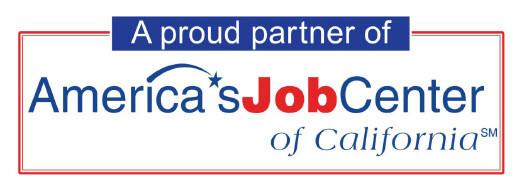









Local Hire: 30% as measured by construction hours worked on the project by Alameda County residents.
Alameda County local Subcontractors preferred.
If interested in bidding this work, please contact June Gilmore via email @ juneg@jerocorp.com

By Bo Tefu
California Black Media
On Sept. 3, community leaders and civil rights advocates joined lawmakers at the State Capitol to raise awareness about Proposition (Prop) 6, a ballot initiative that aims to ban forced labor in California’s prisons.
California voters will decide the ballot initiative in this year’s November election. The California Legislative Black Caucus (CLBC) introduced Prop 6 as part of the 14-bill reparations package. The State Legislature passed the measure in June with a bipartisan vote, placing it on the November ballot.
Kim Johnson ...
Continued from page 8
On June 8, Newsom appointed Director Kim Johnson as the next CalHHS Secretary effective Oct 1.
Ghaly will stay on at CalHHS through the end of September to facilitate the leadership transition. During Dr. Ghaly’s tenure, which spanned California’s nation-leading response to the COVID-19 pandemic, CalHHS moved forward with many initiatives that focused on providing more stability and opportunity to Californians. These initiatives covered a range of the agency’s functions, including addressing affordability and access to health
The Black Caucus proposed Prop 6 as the “Remove Involuntary Servitude as Punishment for Crime Amendment,” under the Assembly Constitutional Amendment 8 (ACA8) to promote justice and equality in California.
Community groups organized a press conference including members of the Black Caucus, The Anti-Recidivism Coalition, The Abolish Slavery National Network, Sister Warriors Freedom Coalition, the ABC Coalition, and the American Civil Liberties Union Assemblymember and Legislative Black Caucus Chair Lori Wilson (D-Suisun City) is the author of the ballot measure and has been
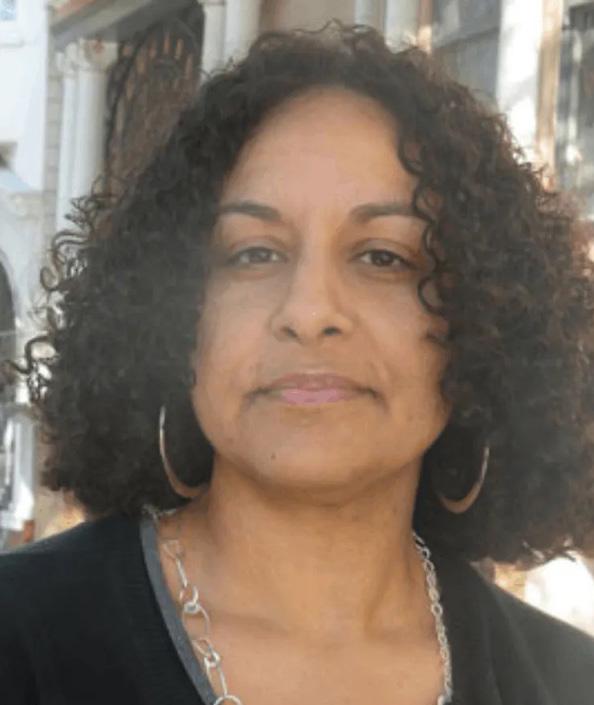
care and deepening the connection between housing, homelessness and health, including behavioral health.
“I am grateful to Secretary Ghaly for his steadfast leadership and partnership during one of the greatest public health crises of our lifetime. However, it was his un-
supportive of community groups in their efforts to abolish slave labor.
Carmen-Nicole Cox of the ACLU led the rally and condemned forced labor stating that it prevents people from building the necessary skills after they leave prison.
“Slavery never has and never will promote rehabilitation,” said Cox.
Supporters of the reparations bills challenged Republican and Democratic legislators to back the ballot measures and help voters understand the harmful impact of forced labor statewide.
ceasing dedication to caring for the needs of all Californians, especially our most vulnerable, that will be his enduring legacy. It is my great privilege to call him a colleague and friend. I wish him the very best as he embarks on his next chapter,” stated Dr. Nadine Burke Harris, who served as California’s first Surgeon General.
Johnson, CalHHS’ incoming Secretary, has served as Director of the California Department of Social Services since 2019 and she has worn a number of hats 2015 to 2019, including Deputy Director of the Family Engagement and Empowerment Division at the agency and Branch Chief of CalWORKs.

Sep 27
ZELLERBACH HALL,

Sep 29
HERTZ HALL, BERKELEY



Continued from page 1
or being called the N-word can have profound psychological and emotional impacts, leading to feelings of shame, anger, and diminished self-worth. It communicates to individuals that they are lesser or undeserving solely because of their race.
• Interpersonal Harm: The use of the N-word in interpersonal interactions conveys disrespect, hostility, and a lack of regard for the feelings and dignity of others. It undermines efforts to build inclusive and respectful relationships.
• Symbol of Structural Injustice: The N-word symbolizes larger societal injustices and inequalities. Its continued use reflects ongoing racial prejudice and discrimination, perpetuating harmful attitudes and behaviors.
Given these reasons, using the N-word is not just a matter of inappropriate language; it represents a significant violation of human dignity and reinforces harmful racial stereotypes and hierarchies. It is crucial to reject and actively challenge the use of this word to promote equality, respect, and dignity for all individuals.
In schools, the word retains its harmful and damaging impact and remains a powerful symbol of racial animosity. The N-word’s use in schools, intentionally or otherwise, preserves a cycle of racial abuse, degradation, and discrimination which are violations to the dignity of African American students. Its usage perpetuates a legacy of hate and is a dignity violation that makes it a pressing issue for educators to address. Not addressing use of the N word in school contradicts the principles of equity and inclusion that educational institutions strive to uphold.
Impact on Social-Emotional Learning (SEL)
Social-emotional learning is crucial for students’ development as it encompasses the skills needed to manage emotions, establish positive relationships, and make responsible decisions. The use of the N-word in schools disrupts this process in several key and critical ways:
Continued from page 1
to see the Blue Angels every time they came to town.
After his divorce, Larry met Leona Davis. They dated, fell in love, and married in 1987. Through this union, Larry gained a daughter, Sandra, aka Sadaqa, from Leona’s previous marriage.
Later, as Larry and Leona became empty nesters, they embarked on parenthood once more by raising their grandson, Christopher. Larry joined the Frito-Lay organization and worked there until his retirement. He received the company’s top award, The Ring of Honor, along with numerous other awards.
During his free time, Larry loved entertaining at his home, especially playing card games, such as bid whist. He enjoyed Leona’s singing and playing. Larry remained devoted to Leona until her passing in January 2013. He was heartbroken.
Since 1979, Larry was a faith-
• Emotional Trauma: The N-word is a trigger for emotional pain, particularly for African American students and teachers. It can evoke feelings of anger, sadness, shame and humiliation, which hinder the ability to engage fully in the learning process.
• Hostile Learning Environment: A safe and supportive learning environment is essential for effective SEL. The use of the N-word creates a hostile and unsafe atmosphere, leading to increased anxiety, disrespect, and stress among students and teachers.
¶ Relationship Building: One of the goals of SEL is to foster positive relationships. The use of derogatory language such as the N-word fosters division and mistrust among students and staff.
Psychological Impact on Students and Teachers
The psychological effects of the N-word on students and teachers are profound and far-reaching. For students, especially those of African American descent, the word can lead to feelings of inferiority and exclusion. This not only affects their academic performance but also their self-esteem and mental health. Studies have shown that exposure to racial slurs can increase levels of depression, anxiety, and other mental health issues.
For teachers, addressing the use of the N-word in the classroom is a significant challenge. It places an emotional burden on them, particularly for teachers of color who may feel personally targeted. The stress of managing such situations can lead to burnout and affect their ability to provide a supportive learning environment.
Strategies for Eliminating the N-Word from Schools
To effectively eliminate the Nword from schools, a comprehensive approach is necessary. Here are some strategies:
• Clear Policies and Consequences: Schools must implement and enforce policies that explicitly prohibit the use of the N-word and other derogatory language. Clear consequences for violations should be established and communicated to all members of the school community.
ful member of Lakeshore Avenue Baptist Church. Larry was devoted to his Bible studies. He would read scripture and give advice to all who needed it. Larry volunteered with the Vacation Bible Camp and drove the church van to the retreat.
Also, he was a member of the Forever Young Group. Larry volunteered for several positions in the church over the years, but his true passion was the sound room. He joined the sound room in the 1980s and managed the sound room from 2005 until 2023. Larry left an impression on everyone he met. He was fun-loving, caring, funny, compassionate, friendly, and loved his family. Larry was preceded in death by his parents; his sister, Susan; his brothers, Wilbert, Sylvester, and Ronnie; and his spouse, Leona. He leaves behind: his son, Darnell (Sheila), his daughters, Deborah, and Sandra and his grandson/son, Christopher; his grandchildren;
• Cultural Competency Training:
Providing cultural competency and anti-racism training for teachers, staff, and students can foster a more inclusive and respectful environment. This training should include the historical context of the N-word and its impact on individuals and communities as well as alternative language.
• Support Systems: Schools should offer culturally congruent support systems, such as counseling and peer support groups, for students and teachers affected by the use of the N-word. These resources can help individuals process their experiences, mitigate psychological harm and co-create a culture of dignity.
• Community Engagement: Engaging the broader school community, including parents and local organizations, in dialogue about the impact of the N-word can reinforce the school’s commitment to creating a respectful and inclusive environment.
In addition to the moral and ethical arguments against the use of the N-word, there are also legal and policy considerations that support its prohibition in schools. Many school districts have anti-bullying and anti-discrimination policies that explicitly prohibit the use of derogatory language, including racial slurs. The use of the N-word in schools can lead to disciplinary actions and legal consequences for both students and staff who violate these policies.
Furthermore, federal laws such as Title VI of the Civil Rights Act of 1964 prohibit discrimination on the basis of race, color, or national origin in programs and activities receiving federal financial assistance. Schools that fail to address the use of the N-word and other forms of racial harassment may be in violation of these laws, potentially resulting in investigations and penalties from the U.S. Department of Education’s Office for Civil Rights.
Addressing the N-word in educational settings is not just about prohibiting a word; it is about dismantling a symbol of hate and fostering an environment where all students and teachers can thrive.
Brandon, Joyce, McKinsey, Anthony, Racheal, Jai‘Lynn, Angelnay, Dae’Len, and Braylon; his great-grandchildren; Jai, Jayce, Jaxon, Jay’el and Sincere. In addition, he leaves to mourn his sister, Renee Muckeroy, his brother, Leslie “Micky” Sims, his former wife and close friend, Joyce Sims, a host of nephews, nieces, cousins, friends, and his Lakeshore Avenue Baptist Church community.
Funeral services will be held at 11 a.m. on Friday, Sept. 20, at Lakeshore Avenue Baptist Church, 3534 Lakeshore Ave., Oakland.
A viewing will be held on Sept. 19 from 5-6 p.m. at Fouche Hudson Funeral Home, 3665 Telegraph Ave., Oakland.
If desired, friends may make memorial contributions to either LABC Scholarship Fund or LABC Hunger Task Force.
Continued from page 1
gage with community leaders. The event featured bungee jumping, games for the children, delicious food for all, and clothing donations for those in need. The collaboration between FIGB and the Grown & Sexy Divas demonstrated the strength and unity of Oaklanders coming together for the greater good.
Nicole Goodwin and Dana Terry of the Grown & Sexy Divas Motorcycle Club, along with FIGB, organized the event with the mission of empowering and uplifting the community. Their commitment was evident in the joy and sense of togetherness felt by all who attended.
Sam DJ McNeal, one of the many who stopped by to show support, added energy to the event while participating in a nearby dance video shoot. In addition to
the backpack giveaway, the event offered free clothing, toiletries, toys, and meals, accompanied by uplifting music that set the perfect tone.
Most notably, ex-Oakland Police Chief LeRonne Armstrong took the time out of his busy schedule to attend the event and assist in the backpack giveaway. His presence was a powerful reminder of his commitment to bringing the community back to its prominence. Armstrong’s actions reflect a genuine desire to improve Oakland, not just through words, but through direct involvement. His participation helped make the event a shining example of what collective action and leadership can achieve.
The success of the event was made possible by the generous support of community leaders and organizations. Among the key supporters were Kathy Adam, CEO of
the African American Chamber of Commerce; Jonathan Paul Jones from the African American Sports & Entertainment Group (AASEG); Oakland Post News Group; Rick Fortenberry of the Oakland Private Industry Council (OPIC); and Maritony & Associates. FIGB members from Sacramento, Stockton, and San Francisco also came out, further showcasing regional unity.
The overwhelming participation from so many groups and individuals is a testament to the power of unity in Oakland. In all, it was a joyous and successful day, showcasing what the city can achieve when the community comes together to uplift its own, fostering hope and strength for the future. Special thanks to all the sponsors and supporters who made this event possible.
Continued from page 1
“Respondents knowingly and voluntarily waive all procedural rights under the Oakland City Charter, Oakland Municipal Code, the Public Ethics Commission Complaint Procedures, and all other sources of (applicable) procedural rights,” the settlement agreement said.
“If respondents fail to comply with the terms of this stipulation, then the commission may reopen this matter and prosecute respondents to the full extent permitted by law,” according to the agreement.
Schaff and co-respondents were involved in three related cases investigated by the PEC:
In the first case, Schaaf in 2018, without publicly revealing her involvement as required by law, working with the Oakland Metropolitan Chamber of Commerce and others, created, lead, and raised funds for a campaign committee called “Oaklanders for Responsible Leadership, Opposing Desley Brooks for Oakland City Council.”
The “respondents,” who were responsible for the violations in this case were: the campaign committee called Oaklanders for Responsible Leadership; Mayor Schaaf; the Oakland Metropolitan Chamber of Commerce; OAKPAC; which is the chamber’s political action committee; Barbara Leslie and Robert Zachary Wasserman, both leaders of the Oakland chamber; and Doug Linney, a campaign consultant who was brought on by Schaaf to organize and lead the campaign to defeat Desley Brooks in her 2018 campaign for reelection.
Linney reported in his interview with the PEC that Schaaf had approached him and said, “Let’s do an Independent Expenditure (IE) campaign against Desley and let me see if I can get some other folks involved to make it happen.”
Linney developed a plan, which hired staff to organize field canvassing and phone banking. He said Schaaf told him the budget
Continued from page 1
Engineering B.S., UC Davis, an MBA from the University of Pennsylvania’s Wharton School, Jordan was the first African American female to matriculate in the Wharton West Executive MBA program.
Jordan is the chief operating officer at Indr, Inc. As a leader in private industry and community advocacy, she is involved with several non-profit entities including as Bay Area board director of the American Red Cross, president of the board of directors for the San Francisco African American Art and Culture Complex, and a member of Black Women on Boards as the associate producer
for “OnBoard the Film,” an awardwinning documentary highlighting the contributions of Black women in corporate America.
Joining the celebration from AKA were: Carrie J. Clark, international regional director, Lambda Pi Omega Chapter; Shawn E. Simmons, South Central Regional director, Xi Alpha Omega Chapter; Carol R. Dixon, past Far Western Region director, Rho Delta Omega Chapter; Kimberly Mayfield, deputy mayor, Oakland, CA, XGO; Ka’Dijah Brown, president of the board of directors Berkeley Unified School District, XGO and Cheryl Cotton, California deputy superintendent of Public Instruc-
tion, Alpha Nu Omega Chapter.
In attendance also were members of the Alpha Phi Alpha Fraternity, Inc.: Ryan McCreary, Northern California District director, Gamma Phi Lambda, Berkeley and Jonathan Bouligny, president of Gamma Phi Lambda Chapter.
Kappa Alpha Psi attendees included: Frederic Roots II, Sr., Province Vice Polemarch, Seattle Alumni Chapter and John Norman Sr., Polemarch, Berkeley Alumni Chapter.
Omega Psi Phi member Byron Deadwiler, president of the Xi Nu Chapter was also present.
should be more than $200,000 because “I think raising $200K shouldn’t be hard and could shoot for more.”
None of the original group, which met weekly, included anyone who lived in District 6, the section of the city that Brooks represented. They waited to start the committee until they could find a District 6 resident willing to be the face of their campaign.
During her tenure, Brooks was instrumental in establishing the city’s Department of Race and Equity.
Among the violations reported by the PEC:
• Respondents reported contributions as being received from the chamber’s political action committee, OAKPAC, “rather than the true source of the contributions,” in order to hide the identities of contributors.
• Failure to disclose “controlling candidate,” Libby Schaaf, on a mass mailer.
• Failing to disclose the controlling candidate, Libby Schaaf, on official campaign filings.
• Receiving contributions in amounts over the legal limit. For example, the State Building and Construction Trade Council of California PAC donated $10,000, which is $8,400 over the limit; and Libby Schaaf donated $999, which is $199 over the limit.
Total contributions were $108,435, of which $82,035 was over the limit.
“In this case, Mayor Schaaf and her associates’ action were negligent. All of them were fully aware that Mayor Schaaf and significant participation in the IE campaign against Brooks, including its creation, strategy, and budgeting decisions, and selection of personnel.”
Further, the PEC said, “The respondents’ violations in this case are serious. The strict rules applying to candidate-controlled committees go directly to the very purpose of campaign finance law.”
In her interview with the PEC, Schaaf, who is an attorney, had received incorrect legal advice from Linney, her campaign consultant, that her activities were legally permissible, because she was not the “final decision-maker.”
Total recommended penalties for all those involved in this case were $148,523.
The PEC also found violations and is recommending penalties in two other cases.
The second case involves the Oakland Fund for Measure AA in 2018, which established a parcel tax to fund early childhood initiatives in Oakland. Looking into this case, PEC investigators found that Schaaf used her position as mayor to benefit the campaign, though without revealing her involvement.
A contractor who made a large contribution was Julian Orton of Orton Development, which was in negotiations with the city to redevelop the Henry J. Kaiser Convention Center. Orton donated $100,000
Schaaf, for failing to disclose that the campaign committee was “candidate controlled,” may face a $4,500 penalty. For violating the rule against contractor contributions, the campaign committee and Schaaf face a possible $5,000 penalty.
Orton has agreed to pay a $5,000 penalty.
The third case involved a campaign in 2020, the Committee for an Affordable East Bay, which raised thousands of dollars to support Derrick Johnson’s campaign for Councilmember-atLarge position and to attack the incumbent, Councilmember-atLarge Rebecca Kaplan.
Investigators found that Schaaf was extensively and secretly involved in the work of this committee.
She received a $100,000 donation from Lyft, which at the time had a contract with the city and was therefore legally prohibited. Lyft recently agreed to pay a $50,000 fine.
Continued from page 1
cert. If convicted and sentenced on all charges, Mr. Ramirez faces a maximum of 7 years and Mr. Tejeda faces a maximum of 3 years and 8 months.
“I am excited to see results from our Organized Retail Crime Alameda (ORCA) Vertical Prosecution Unit, which was initially funded by a two-million-dollar grant from the State of California, which I matched in November 2023,” said DA Price. “Our ORCA team worked diligently with the California Highway Patrol and the CHP Golden Gate Division Organized Retail Crime Task Force team, including Investigator Eduardo Garcia and Sergeant Manny Nevarez,
who conducted extensive surveillance outside of Alameda County as part of their wide-ranging investigation. Alameda County is one of 13 district attorneys’ offices across California that received funding to establish new vertical prosecution units.”
The defendants are scheduled to appear for arraignment on September 19, 2024, in Department 112 at the Wiley Manuel Courthouse in Oakland.
Contact: damedia@acgov.org
The Alameda County District Attorney’s Office (DAO) is one of California’s largest prosecutors’ offices and is led by Alameda County’s first Black woman District Attorney Pamela Y. Price.
Price brings her vision to this office to fairly administer justice in the pursuit of thriving, healthy, and safe communities for every person who steps foot in Alameda County, no matter their race, gender, religion, sexual orientation, income, or zip code. Price has been recognized as one of the most progressive prosecutors through her forward-thinking, innovative strategies to interrupt cycles of violence and crime and bring change to a criminal justice system rooted in systemic racism. Follow Madam DA on Instagram, Twitter, and Facebook, and @AlamedaCountyda on Twitter, Instagram, and Facebook.